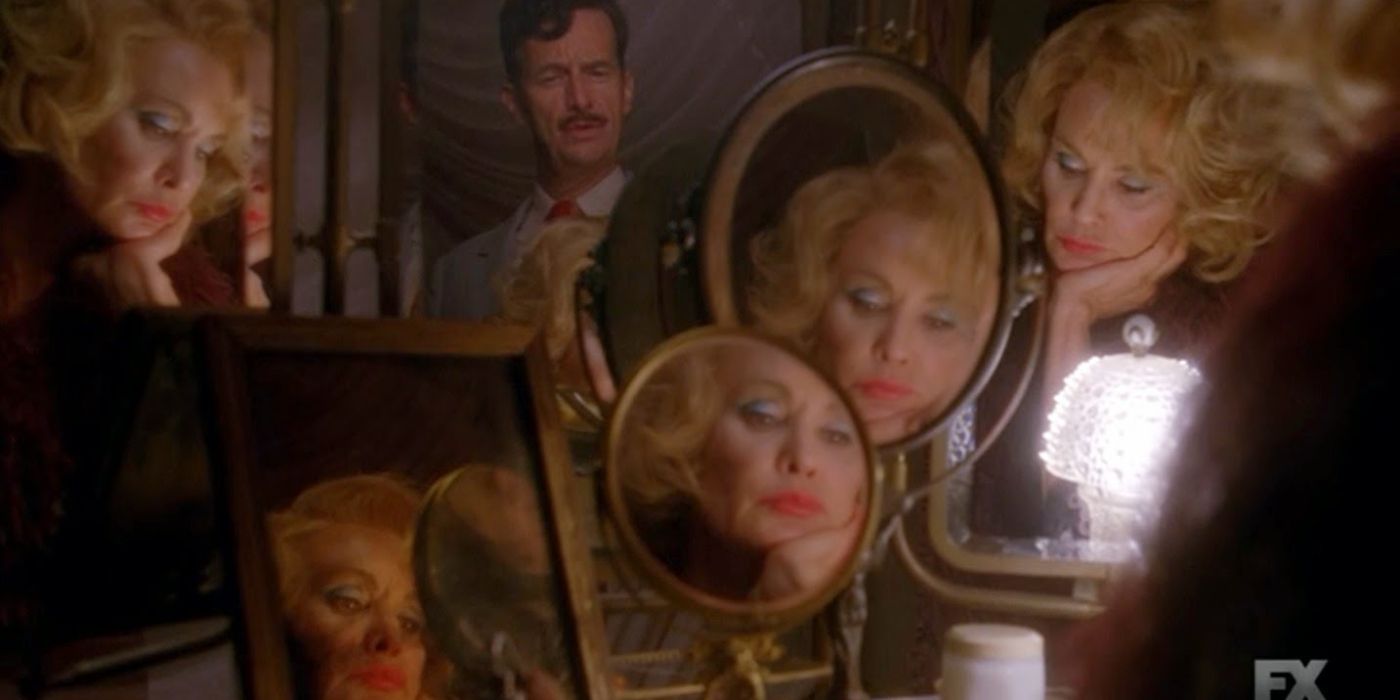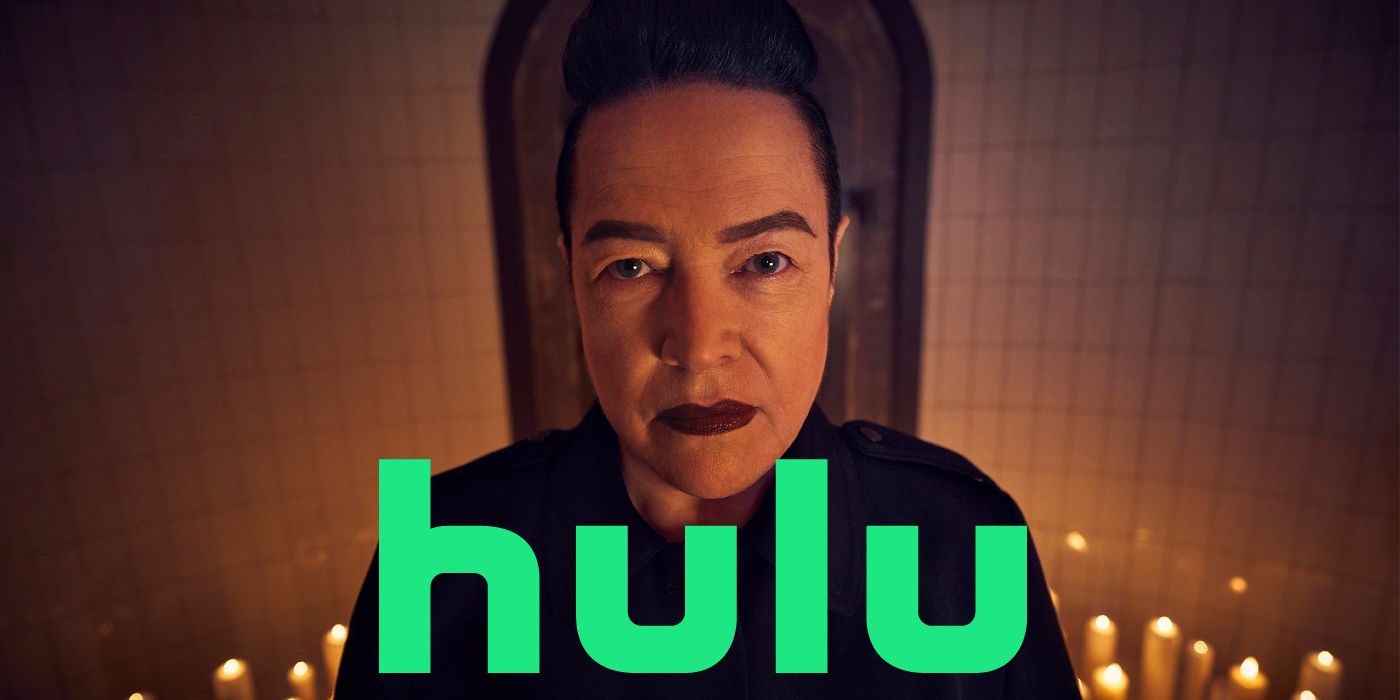
Michael Caine once said in an interview, “Comedy is harder to do than drama. You can make anyone burst into tears, but trying to get a laugh is murder.” If that’s the case, then how much more murderously difficult is it to make somebody afraid?
The horror genre is filled with bad examples of itself, and horror TV shows are no different. It remains a popular genre though, because when the result is good it makes for a truly memorable experience. Even established actors like Tom Holland want to get involved with the genre. That format seems to have a stacked deck against it in particular, which makes it harder for horror TV series to be as scary as a horror movie. What sort of tribulations are out there for budding horror shows?
RELATED: Mike Flanagan's Midnight Mass: What We Know So Far

An important aspect of a plot is the rate at which the viewer is given new information. The more the viewer knows about what’s going on, the less mystery there is, and the viewer usually knows all of the relevant information by the time things wrap up. When it comes to horror, the mystery is a large part of the fear factor. Just as people can be afraid of the dark because they don’t know what’s lurking in it, the horror genre makes use of the lack of information to scare the viewer. It’s why the monster or killer isn’t revealed until the very end.
This is all well and good with a horror movie, but a horror show? By the end of the first season, the viewers need something to work with. How does the show balance this need to reveal information about the evil entity while also leaving enough mystery to keep things fresh for the next season? Reveal too little too late and viewers will wonder what they’re even sticking around for.
It explains why so many horror shows are anthologies or limited-runs, because it allows for a fresh start and a fresh new horror with each new season without sacrificing the pacing necessary to keep things frightening. Reveal too much too early and the show loses its edge.
However, with each season bringing a new type of scare, that cancels out any momentum that might have been gained from the previous seasons. A lot of shows hit their stride when all of the conceits of the show have been well-established and the characters finally get the opportunity to bounce off of each other and the world around them. Anthology shows have had varying critical receptions to different seasons. American Horror Story has been very hot-and-cold throughout its various arcs, and True Detective has pretty much been hot followed by a long cold spell.
For the horror genre, suspension of disbelief is perhaps the most crucial element. The scares don’t work if the premise doesn’t work, and the premise only works if the viewer is able to become successfully engrossed in the world of the fiction without having to think too hard on the logical inconsistencies. If they’re too busy asking questions about everything, then they’re not in the right headspace to be scared.
Horror also has an element of shock to it. Can a show remain shocking if its overall runtime is longer than that of a standard horror movie? That gives viewers enough time to not only become used to the goings-on of the show, but if the episodes are debuted weekly this also gives viewers more time to mentally unpack everything that’s happening.
With more time to think on the show, any plot elements can be deconstructed. The suspension of disbelief may start to falter, and the shock factor may dissipate. Movies have the advantage that viewers are in a sense flying by the seat of their pants as events unfold, even if the movie is more of a slow burn, not really having any time to think about what’s happened on-screen until after the movie is already over.
If a horror show opts not to go the anthology route, it has yet another issue to grapple with: what to do with its main cast. When it comes to horror, the characters almost invariably find themselves in mortal danger. It helps to have a solid cast of characters for viewers to become attached to, like with the mini-series The Stand's Trashcan Man, but the anxiety about their well-being can be blunted if they seem to be too impervious to the dangers they face each episode.
How do showrunners straddle the need to have engaging characters viewers will like while also making them feel appropriately squishy? If people keep dying around the main characters, it can feel like all of the ancillary characters are there just to fill the role that ensigns wearing red shirts did in the original Star Trek: they get introduced so they can be killed off later while Kirk, Spock, and McCoy galivant around exotic planets having sex with any aliens they meet.
The Walking Dead did this to such a degree that it became easy to determine who was going to die each episode fairly early into them. When viewers were watching the tight-knit group of survivors try to scrape by in an apocalyptic, undead wasteland, the moment some rando started telling everybody about their life before the plague and what their hopes and dreams are, viewers could hedge their bets on that character dying by the end of the episode.
MTV’s Scream TV series worked around this by having each season emulate the format of the movies, a fifth of which is on the horizon. The first season begins with a slew of characters who were threatened by Ghostface, leaving the possibility open that any of them could be killed, or could even be the killer who is revealed at the end of each season. However, by the second season, the main cast of survivors from season 1 had already been established, all of whom would survive to the end of not only season 2 but the 2-hour Halloween special, as well. The series went through a reboot in season 3 and was canceled after that.
That leaves the last conundrum for horror TV shows: the threat of cancellation. If the show might not be able to make it beyond its current season, or even potentially its current episode, it risks becoming a show that ended before it got to reveal what everybody is running and screaming from.
These aspects give horror TV shows a particular set of obstacles to overcome if they want to succeed in scaring viewers. However, necessity is the mother of invention, and horror TV shows have attempted different methods of telling a story. Perhaps it’s just growing pains, and soon viewers can look forward to the best on-screen scares being found at home in the living room.
MORE: Chris Rock's Saw Movie Is 'More Like Se7en', According to Director

